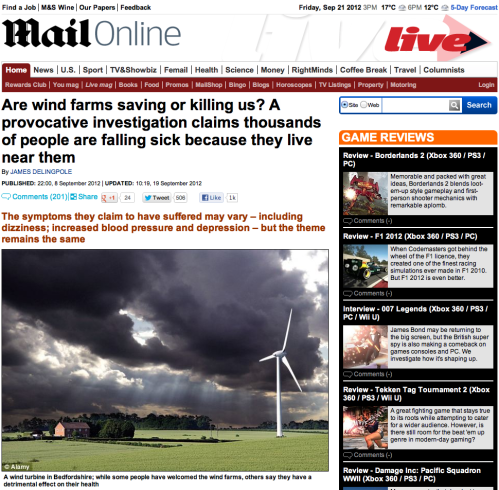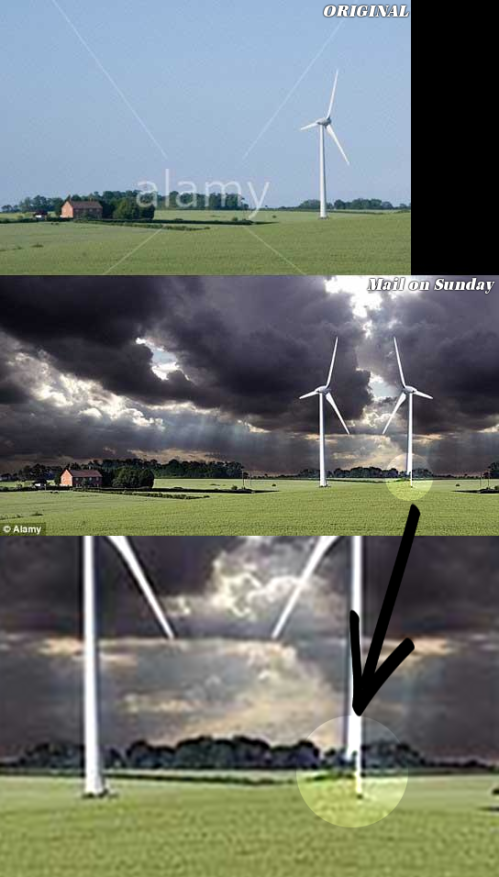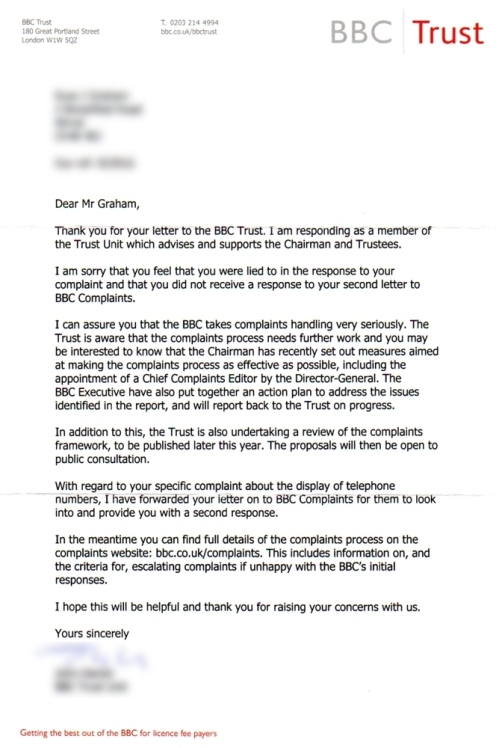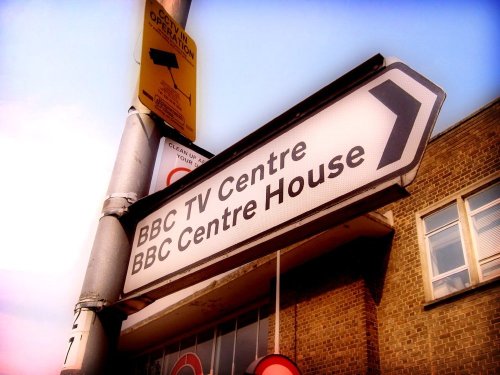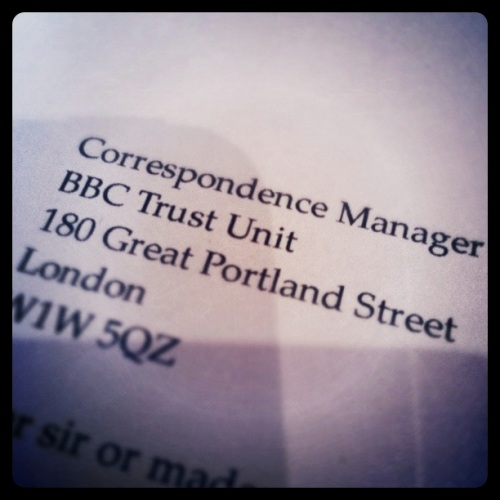The other weekend, that paragon of middle class values the Mail on Sunday decided to continue its sister daily’s campaign to divide every substance and contrivance in the world into a cause of or cure for cancer.
That day’s target: wind turbines. The Mail hates them and the middle classes fear having one in view of the stately home they dream they will one day own. The MoS got that useless idiot James Delingpole to quickly run off a factual-sounding piece of crap straight from the top of his own head, announcing the dangers to life and limb that living really near a wind turbine are bound to cause, despite the total lack of evidence (that’s never stopped Delingpole before, of course).
What the story needed to really terrify the suburban masses over their lattes was a nice big picture of a huge wind turbine blotting the landscape. Here the MoS hit a snag: there aren’t any. But just like the Mail never lets the facts get in the way of a good scare story, they also don’t let the lack of a picture get in the way of printing a picture.
Some poor lowly art editor was drafted in to take an innocuous agency photo of a turbine and make it dark and broody and scary and cancerous. And then, for the online version, badly comp in a second turbine, presumably to double the fear and loathing and make readers clutch their pearls/BMWs/ponies all the more tightly as they fear the War of the Worlds-style march of the turbines over the horizon and into their very front gardens.
The problem with this is that the UK newspaper industry’s own code of practice says that it’s wrong. It must not be done. It is lying to readers and faking news. Do not do it, the code directs. Long story short: that’s why we’ve just had the big Leveson inquiry and why we might now be getting some real regulation in future (although I suspect that we won’t). So I complained to the Press Complaints Commission.
The last time this happened was a few years ago, when the Daily Mail wanted to bash the BBC but for once couldn’t find a target. They settled on the old “Question Time is biased” crap, proving their point by printing the QT’s audience handout… badly photoshopped to change the whole tone and direction. I complained to the PCC and the Mail removed the image but left the story in place (thus making the story make no sense) online, although the damage was mostly done in print. The PCC, in those pre-Leveson days, saw itself as a defender of newspapers against their readers and turned down my complaint out of hand: the Mail, they said, had printed the image in error so the case was closed. As I pointed out in my reply, the Mail took a document, paid somebody to crudely alter it, paid someone else to write a false story based on the forgery, then printed both together. All. By. Mistake. Yeah.
This time, post-Leveson, the PCC have been a bit more on my side than the Mail’s. But only just. They have actually investigated the matter, the Mail have denied the charge but apologised weakly for using the image, and the PCC would now like me to accept the non-apology apology and move on. The other choice, they darkly hint, is for it to be stalemate and for the useless ‘clarification’ not to appear at all. Heads the Mail wins, tails I lose. Nice.
So, the next time you pick up a newspaper and see them making a big point, as they’re all doing, that regulation as it stands works and anything else is just censorship, remember that they’re lying to you. Also, the next time you pick up a newspaper, please don’t let it be the Mail.
With thanks to Jude Gibbons and David Trussler.
